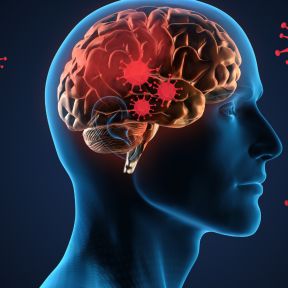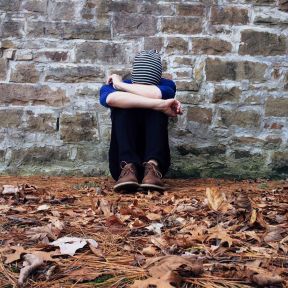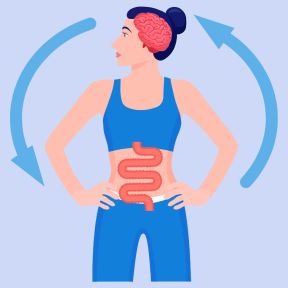Samoon Ahmad M.D.
Samoon Ahmad, M.D., has been a practicing physician for over 30 years and has dedicated his professional life to helping individuals find balance in their mental and physical well-being. He currently is a Clinical Professor of Psychiatry at NYU Grossman School of Medicine; a Diplomate of the American Board of Psychiatry and Neurology; a Distinguished Fellow of the American Psychiatric Association; an Associate member of the Royal College of Psychiatrists, U.K; and certified by the American Board of Psychiatry and Neurology and hold licenses in New York, Connecticut, Pennsylvania, Florida, California, Massachusetts, and Maine. Recently, he retired from Bellevue Hospital after three decades of service as the Unit Chief of the Inpatient Unit but continues to work at Integrative Center for Wellness, which he founded in 1997.
He specializes in treating patients with anxiety disorders, stuttering, ADHD, PTSD, and mood disorders with special emphasis on bipolar disorder, and tends to favor a holistic approach to integrate psychopharmacological, diet, and lifestyle modifications for patients who are more troubled by symptoms of anxiety, depression, burnout, and the like. He has also worked extensively with patients who stutter, balancing psychotherapeutic and pharmacological interventions to help patients overcome their stutters.
He frequently lectures on topics such as the treatment of mood disorders, schizophrenia, metabolic disorders, cannabis, and coping with the medical, mental, and societal effects of the COVID-19 pandemic. In addition to lecturing, he has co-authored and served as contributing and consulting editor for various textbooks in psychiatry. His most recent titles are Medical Marijuana: A Clinical Handbook, Coping With COVID-19: The Medical, Mental, and Social Consequences of the Pandemic, which was published in 2022; and the eighth edition of Kaplan and Sadock's Pocket Handbook of Psychiatric Drug Treatment, which was published in May 2023.
His research has primarily focused on PTSD and association between psychopharmacological treatments for psychotic, mood, anxiety, and substance use disorders with a particular focus on metabolic disorders and medical comorbidities in the mentally ill. He has also traveled to Pakistan in the wake of the 2005 earthquake to study the role of faith, religion, and resilience in disasters, and helped to produce the documentary, “The Wrath of God: A Faith Based Survival Paradigm,” which was awarded the Frank Ochberg Award for Media and Trauma by the International Society for Traumatic Stress Studies.















